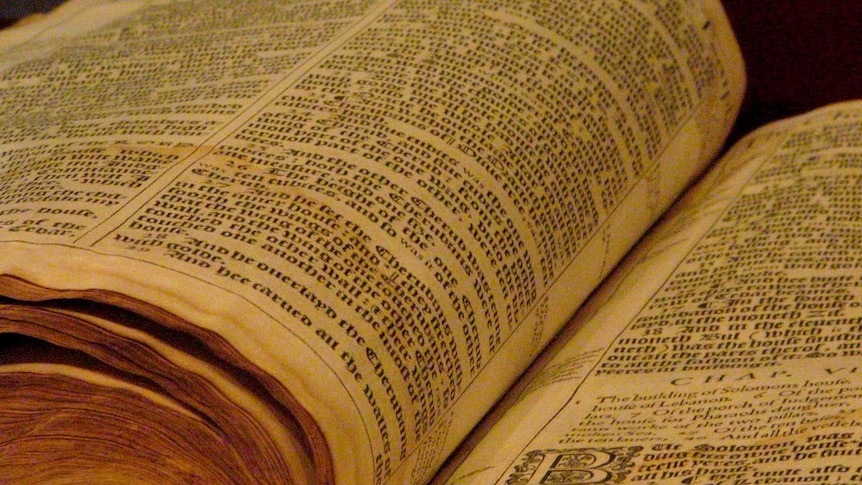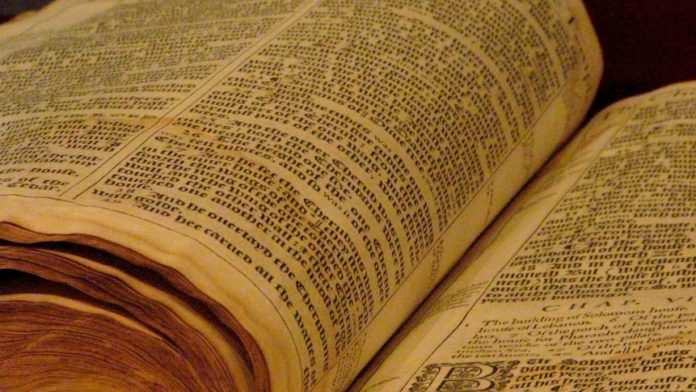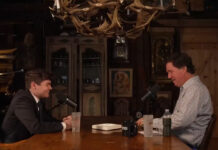 The Cat linked to an Australian political commentator and university professor named John Ray who is firmly against the left. From his personal background we get this:
The Cat linked to an Australian political commentator and university professor named John Ray who is firmly against the left. From his personal background we get this:
Despite my great sympathy and respect for Christianity, I am the most complete atheist you could find. I don’t even believe that the word “God” is meaningful. I am not at all original in that view, of course. Such views are particularly associated with the noted German philosopher Rudolf Carnap. Unlike Carnap, however, none of my wives have committed suicide.
Ho ho. But he continues with his own Christian academic credentials:
In my teenage years, however, I was fortunate to be immersed (literally) in a very fundamentalist Christian religion. And the heavy Bible study I did at that time left me with lessons for life that have stood me in good stead ever since.
Nevertheless, I perused his website. He has many political and philosophical soundbites and articles which neatly dissemble many of the left’s sacred cows. In that sense then, very valuable. However, I came across the following quotewhich was proudly presented without any substantiating argument. In other words, it was presented as fact.
The Bible is an Israeli book
How dare you.
It should not be incumbent upon me to disprove this ridiculous and quite frankly blasphemous assertion. That burden should fall on the man making such a claim. Nevertheless, I want to tackle this one head on because it leads to another argument; namely, those that endorse the Protestant line of sola scriptura. By hitting John Ray I can also hit that target.
I suppose it’s one thing to mindlessly repeat the propaganda known as Judaeo-Christianity, a falsehood which I and many others have stripped of its incoherence on multiple occasions. But it’s another thing entirely to state that the Jews who rejected the teachings of Christ and who themselves teach that Jesus was a Jewish criminal who is now in hell boiling in his own excrement somehow wrote the Bible.
Jews invented the term Judaeo-Christianity to simultaneously undermine the Catholic Church and also to retrospectively take credit for the achievements of Western Civilization. Slap Judaeo in front of everything Christian and now you helped to build the cathedral of Notre-Dame, apparently. And now we have some Australian atheist claiming that the Jews wrote the Bible.
Just to be clear, in Biblical times there was no Bible, just as in the time of the New Testament there was no New Testament. It was not written until over three hundred years after the death of Christ. And then the question is, who wrote the Bible?
The Bible was written for the Church and by the Church. This was a meticulous process which took many many years and involved a great many administrators and researchers, and all of which had to be ratified by various bishops. In his essay, The Skimpole Syndrome: Childhood Unlimited, the late Father Paul Mankowski patiently explains how this process took place.
Consequently, the Bible in the most physical sense – the written words on the page – comes down to us through two enormous efforts that overlap in practice though they are noticeably distinct. On the one hand, the enterprise of copying, correcting, translating and publishing texts – the business of scholarship; on the other, the enterprise of delivering to the Church an intact Old Testament and a New Testament that conforms to the mind of Christ: this involves setting the boundaries of the canon by choosing and rejecting among rival testimonies, selecting the best text of each canonical witness, suppressing additions and interpolations, suppressing mistranslations, and so forth. The human machinery – scholarly, administrative, legal, theological, editorial, custodial – that is engaged by the Church to put a Bible into our hands is beyond reckoning.
But yeah, okay, mate – the Jews wrote it.
Moving on from such ignorance we can now examine the absurd claim of sola scriptura which is the realm of Protestantism in all of its 40,000 subsets. Leaving aside the fact that Luther butchered the Bible, cutting out the bits that he didn’t like as they pertained to his own personal habits, the Bible was an enormous undertaking carried out by the Church. How is it possible to reject the Church but to then supposedly follow word for word the Bible? (I say supposedly since the number of living Protestants who have read the entire Bible would barely fill a small room).
Not only that but proponents of sola scriptura claim to take the Bible literally. But this sort of approach is fraught with many dangers, one of which Mankowski helpfully provides in his same essay.
My favorite illustration of this point is the decree Omnis utriusque sexus of the Fourth Lateran Council, held in 1215. It holds that everyone, of both sexes, is required to go to confession at least once per year. It was, however, interpreted by a monk named William of Newcastle to mean that yearly penitential duty is incumbent only on hermaphrodites. Now Brother William, obviously, needed someone to point out the error of his ways. His Latin, incidentally, was flawless; the problem with his interpretation is that it was insane.
Apart from his point concerning the dangers of literal interpretation, the greater understanding is that each generation must protect the Bible, not just from neglect but also from the ‘random predations’ that return again and again like a recurring nightmare.
Jews are the enemies of Christ. He gave them a choice: to follow Him and become Christians or to reject Him. Those that rejected Him came up with the Talmud. They are still rejecting Him to this day. To state that their descendants wrote the Bible goes way beyond the obtuse, particularly from someone who claims to have had a religious upbringing.
It is not possible to separate the Bible from the Church. The two are one and the same, joined together over almost two thousand years of teaching and inspiration. If you pertain to follow one then it only makes sense to do so in the company of the other. John Ray’s ridiculous assertion is valuable in that it forces us to examine what we actually know. By then articulating our knowledge we can help to continue the process of protecting that which is most valuable.
Originally published at Pushing Rubber Downhill. You can purchase Adam’s books here.










